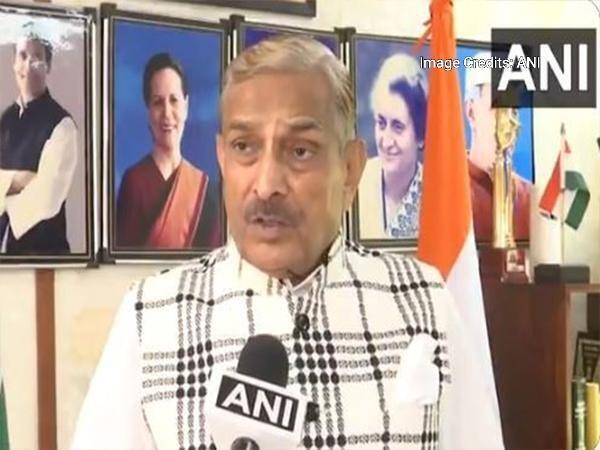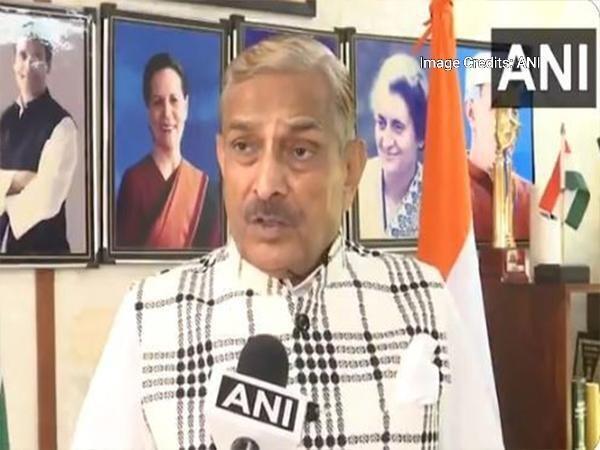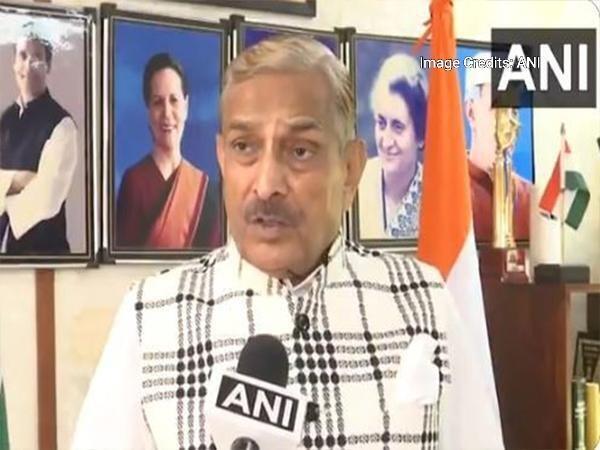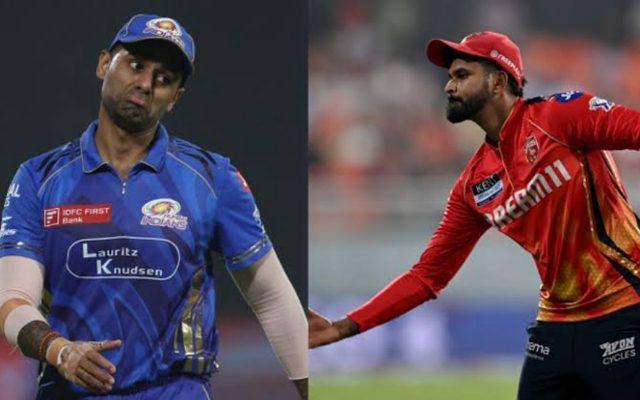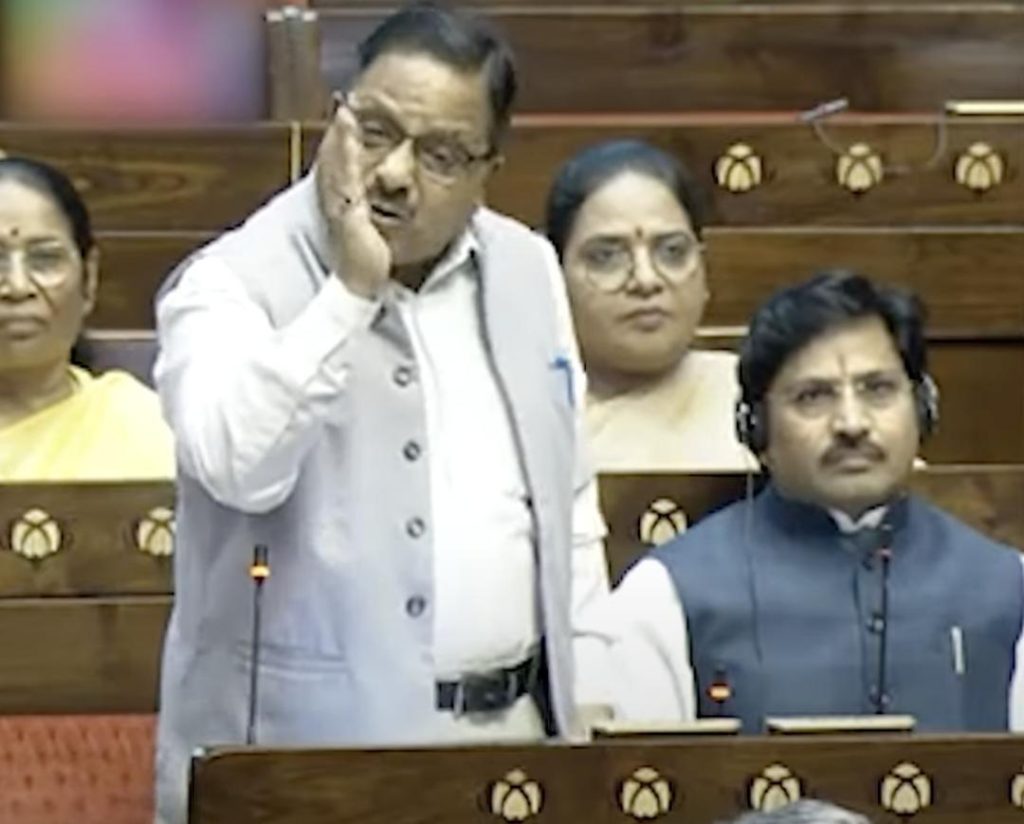
Title: Should I Read the Quran and Tell You What’s Written in It: BJP MP Radha Mohan Das on Waqf Bill
In recent times, the Waqf Bill has been a topic of heated debate in India, with several political parties and individuals expressing their opinions on the matter. The latest development in this regard is a statement made by BJP MP Radha Mohan Das during the discussion on the Waqf Bill in the Lok Sabha. Das asked if he should read the Quran and tell what is written in it, sparking a controversy that has left many wondering about the significance of his statement.
For the uninitiated, the Waqf Bill is a proposed legislation aimed at reconstituting the Waqf Boards in various states, including Uttar Pradesh, Bihar, and Uttarakhand. The Waqf Boards are responsible for managing and administering the waqf properties, which are charitable endowments for the benefit of the Muslim community. The proposed legislation seeks to empower the Waqf Boards with more powers to manage these properties and ensure their proper utilization.
However, during the discussion on the Waqf Bill, BJP MP Radha Mohan Das raised some eyebrows when he asked if he should read the Quran and tell what is written in it. Das was responding to a statement made by the opposition parties, who claimed that the Waqf Boards were mismanaging the waqf properties and that there was a need for transparency and accountability in their functioning.
Das, while responding to the opposition parties, said, “The Quran says that even if one rupee is given to anyone, there should be a written record…And you say you have so many properties without a record.” This statement has been widely criticized by many, who have termed it as an attempt to provoke communal tensions and to undermine the sanctity of the Quran.
So, what does the Quran say about written records? According to Islamic scholars, the Quran does emphasize the importance of keeping written records of transactions and financial dealings. In Surah Al-Baqarah, Verse 282, it is written, “O ye who believe! When ye contract debt for a fixed period, write it down.” This verse emphasizes the importance of putting agreements and transactions in writing to avoid disputes and ensure transparency.
In the context of the Waqf Bill, Das’s statement can be seen as an attempt to highlight the lack of transparency and accountability in the functioning of the Waqf Boards. He is suggesting that the Waqf Boards should follow the principles outlined in the Quran and keep written records of their transactions and properties.
However, many have criticized Das’s statement, saying that it is an attempt to provoke communal tensions and to undermine the sanctity of the Quran. They argue that the Quran is a sacred book and that it should not be used as a tool to score political points.
In conclusion, the statement made by BJP MP Radha Mohan Das during the discussion on the Waqf Bill has sparked a controversy that has left many wondering about its significance. While Das’s statement can be seen as an attempt to highlight the lack of transparency and accountability in the functioning of the Waqf Boards, many have criticized it, saying that it is an attempt to provoke communal tensions and to undermine the sanctity of the Quran.
As the debate on the Waqf Bill continues, it remains to be seen how the controversy surrounding Das’s statement will unfold. One thing is certain, however, that the statement has brought the issue of transparency and accountability in the functioning of the Waqf Boards to the forefront, and it is essential that the Waqf Boards take steps to ensure that their transactions and properties are properly recorded and accounted for.
News Source:
Note: The above article is based on the news report available on the specified YouTube link and is intended to provide an objective analysis of the issue. However, the views expressed in the article are those of the author and do not necessarily reflect the views of the website or its management.
